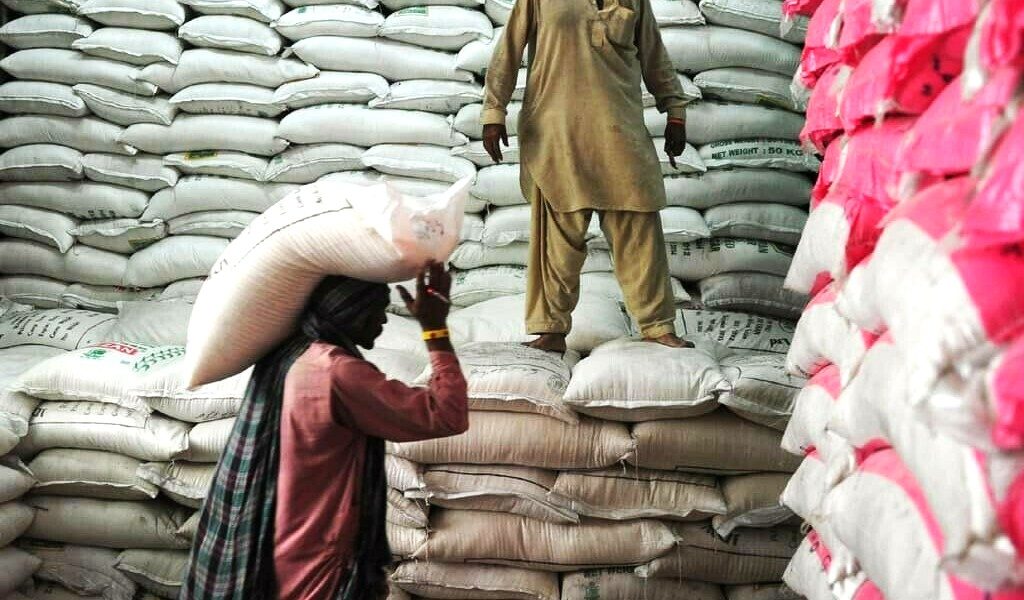With Ramadan approaching and demand surging, sugar prices have soared nationwide, adding to economic strain during the sacred month

By our correspondent
ISLAMABAD: After initially permitting the export of locally produced sugar, the government has now reversed course, deciding to import raw sugar in an attempt to curb soaring domestic prices. The move comes as a stark contradiction to earlier assurances by the sugar industry, which had insisted that allowing exports would not trigger inflation in the local market. However, reality has painted a different picture, with sugar prices surging once again, leaving consumers struggling to keep up with the escalating costs.
As the country braces for Ramadan, a period that traditionally sees a sharp rise in demand for essential goods, sugar prices have skyrocketed nationwide. In Lahore, the cost has jumped by PKR 10 per kilogram, reaching PKR 170 per kg, with traders warning of further increases. The President of the Karyana Merchant Association has pointed to the government’s failure in dismantling sugar mill cartels and dealer monopolies, which continue to dictate market trends without facing consequences.
The situation is no different in other major cities. In Peshawar, sugar prices have climbed from PKR 160 to PKR 170 per kg, while in Karachi, the price has spiked dramatically. What was being sold at PKR 145 per kg before Ramadan has now reached PKR 168 in wholesale markets and a staggering PKR 180 in retail stores. The sharp price hikes have placed an additional financial strain on households already struggling with inflationary pressures, deepening public frustration.
Wholesale grocers have expressed their discontent with the government’s handling of the crisis, arguing that the sugar export policy has primarily served the interests of hoarders and speculators, allowing them to manipulate the market to their advantage. They believe that with strict government intervention, prices could be brought down to PKR 125 per kg, but there appears to be little confidence in the authorities’ willingness or ability to rein in profiteering within the industry.
For ordinary citizens, the issue goes beyond just numbers on a price chart. It is a matter of daily survival, with essential goods slipping out of reach for many. The government’s latest move to import raw sugar might provide temporary relief, but unless deeper structural issues—such as cartelization, speculative hoarding, and flawed export policies—are addressed, the cycle of price manipulation is likely to continue, leaving consumers at the mercy of powerful industry players.



